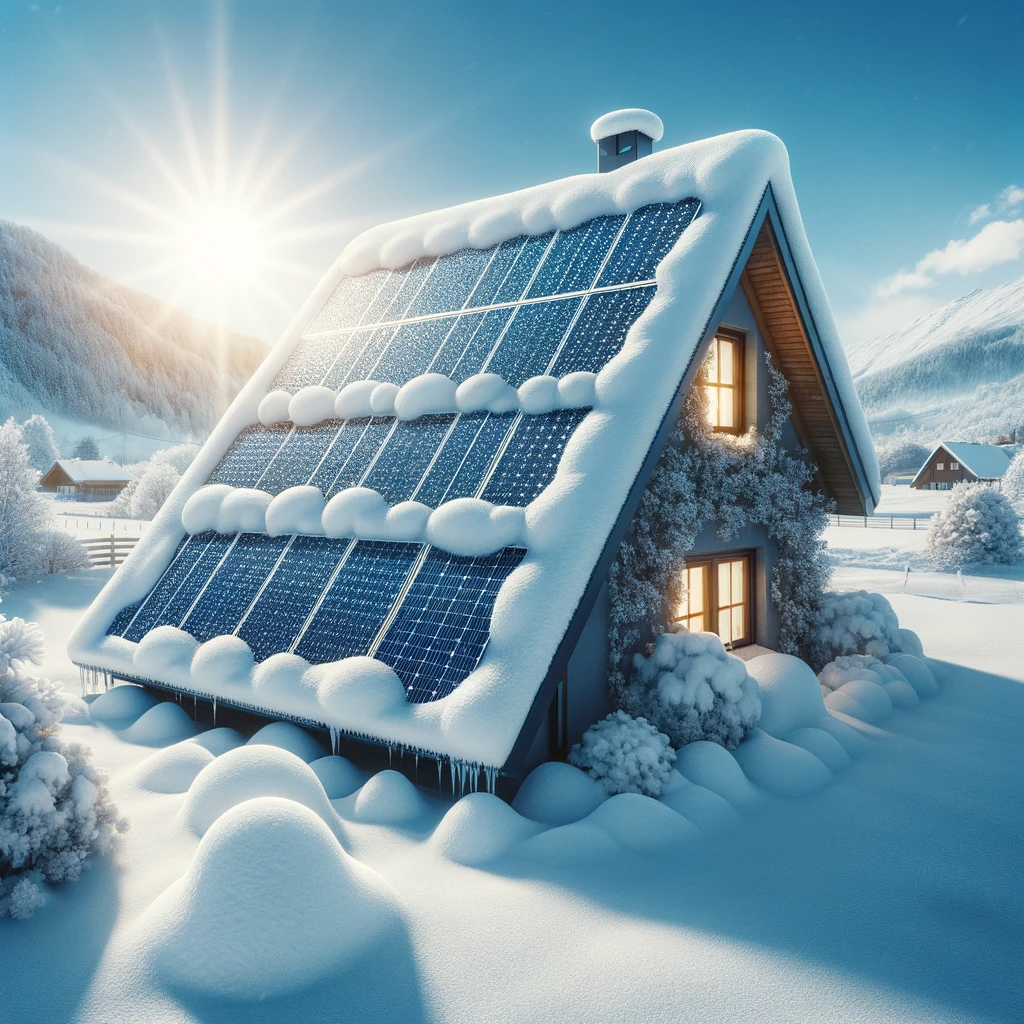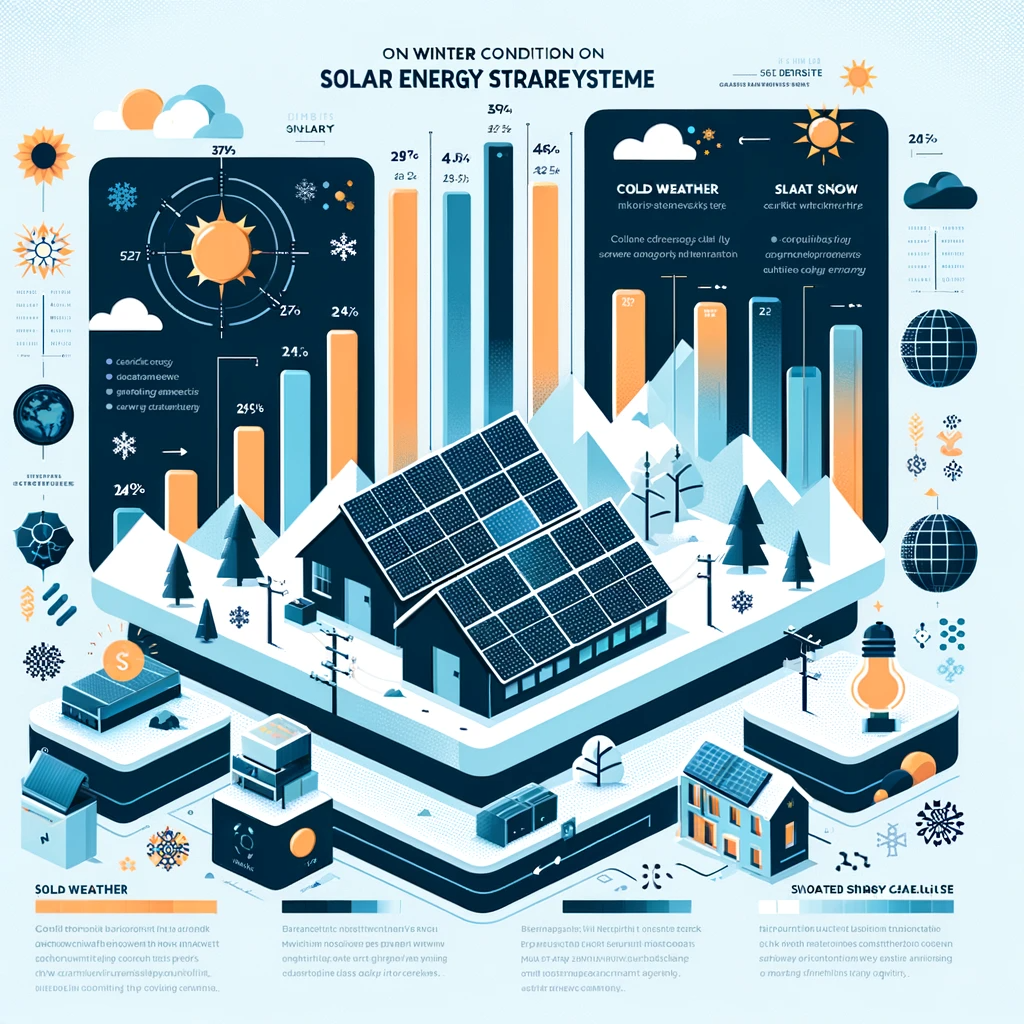Winter Woes: Does Solar Energy Storage Output Decrease in Cold Weather?
 Dec 13,2023
Dec 13,2023

 Basen
Basen
Unveiling the Cold Truth About Solar Energy in Winter
As the mercury dips, solar energy enthusiasts often ponder a crucial question: "Does the output of solar energy storage batteries diminish in winter?" It's a valid concern, given the shorter days, lower sun angles, and potential snow coverage in colder months. Let's delve into the science behind solar energy storage and its winter performance.

Solar Panels and Cold Weather: A Surprising Friendship
Contrary to popular belief, solar panels can be more efficient in cold weather. Why? Solar cells convert sunlight into electricity more effectively in cooler temperatures. High heat can actually reduce a panel's ability to generate power. However, the winter months bring their own set of challenges.
The Real Culprit: Less Sunlight, Shorter Days
The most significant factor that leads to reduced solar output in winter isn't the cold - it's the decreased availability of sunlight. Shorter days mean fewer hours of sunlight, and the sun's lower position in the sky results in less direct exposure to solar panels.
Snow: A Double-Edged Sword
Snow can both help and hinder solar energy production. A light dusting of snow can actually increase panel efficiency by reflecting more sunlight onto them. However, heavy snow accumulation can cover panels and block sunlight, temporarily halting energy production until they're cleared.
Battery Performance in Cold Conditions
When it comes to solar energy storage batteries, performance can vary in cold weather. Lithium-ion batteries, for instance, tend to have reduced capacity in extreme cold. They can still function but might not store as much energy as they would in warmer temperatures.
Winter Strategies for Optimal Solar Performance
- Orientation and Tilt of Panels: Adjusting the angle of your solar panels to capture more sunlight during winter can enhance their efficiency.
- Regular Maintenance: Keeping panels clear of snow and debris is crucial. Automated cleaning systems or simple manual cleaning can do the trick.
- Energy Usage Management: Being mindful of energy consumption during winter can help manage lower solar output. Utilizing energy-efficient appliances and practices can compensate for the seasonal decrease in solar production.
- Battery Care: For those living in extremely cold climates, insulating or housing batteries in temperature-controlled environments can help maintain their efficiency.

Embracing Solar Energy Year-Round
While it's true that solar energy storage output can decrease in winter due to shorter days and potential snow coverage, it doesn't render solar systems ineffective. With the right strategies and a bit of winter maintenance, solar energy can still be a valuable and efficient resource throughout the colder months.
In conclusion, while winter presents its challenges for solar energy storage, it's far from a deal-breaker. Understanding these seasonal impacts and adopting appropriate strategies can ensure that your solar system remains a reliable source of energy all year round.








 HOME
HOME Key Priorities for Home Solar Energy Storage Systems
Key Priorities for Home Solar Energy Storage Systems  You May Also Like
You May Also Like

 Tel
Tel
 Email
Email
 Address
Address